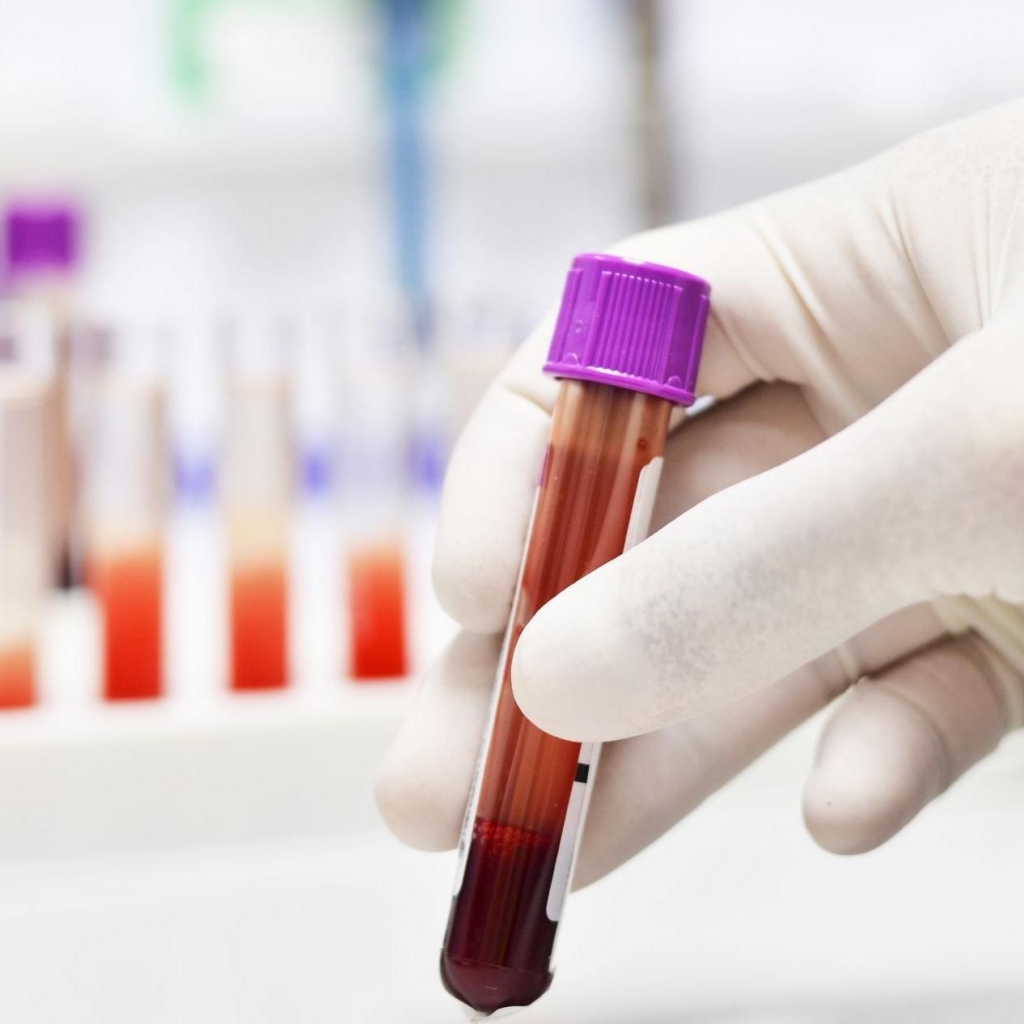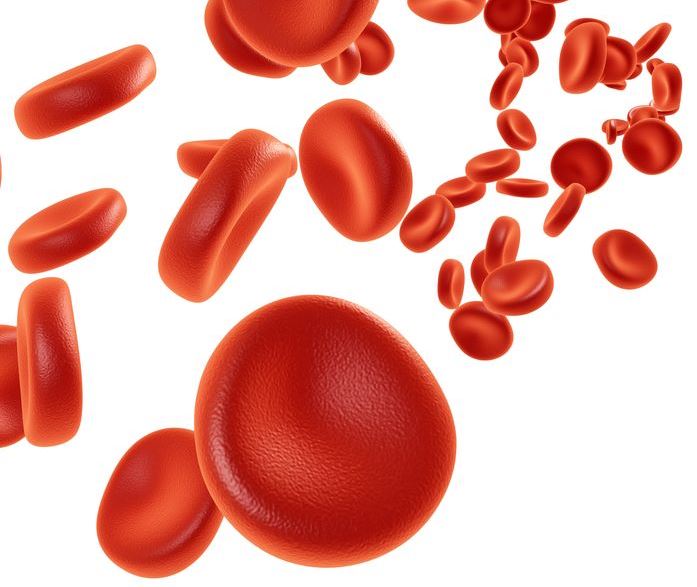Laboratory tests before the use of first contraceptive pill
Birth control pills can cause thrombosis and worsen liver function in those who are prone to it. The laboratory test before prescribing the first birth control pill examines the most common predisposing factors for thrombosis as well as liver function that may be affected by long-term hormone intake.
Laboratory test before prescribing first birth control pill
The laboratory test includes the following items
Blood count: to determine the absolute number of formed elements in the blood, red blood cells, white blood cells and platelets. From this, the specialist may conclude that anaemia, blood loss, inflammatory processes, hematopoietic diseases and coagulation disorders, among others, may occur.
Bilirubin: is produced as a yellow breakdown of red blood cells in the spleen, liver and certain lymph nodes. Its levels may increase in cases of increased red blood cell breakdown, liver disease and biliary obstruction. Normal total bilirubin: 5 to 17 μmol/l (3 to 10 mg/l).
GOT (glutamate oxaloacetate aminotransferase): an enzyme involved in the metabolism of amino acids. It is normally present in small amounts in the blood but increases in case of organ damage. A lower GOT value can be found in pregnant women. Its normal value is 18-31 U/l in women and 18-33 U/l in men.
GPT (glutamate pyruvate aminotransferase): an enzyme produced in liver cells that shows the damage that has taken place there. Normally, it is also present in small amounts in the blood, increasing in case of damage. Its normal value is 7-30 U/l in women and 10-55 U/l in men.


GGT (gamma glutamyl transferase): an enzyme produced by the liver, pancreas and kidneys. Its value is considered when examining the liver and bile ducts. The most reliable signalling parameter. Normal value for women is 8-40 U/l, 9-50 U/l.
Alkaline phosphatase: present in greater amounts in the liver and in the cells that make up bones. Alkaline phosphatase adult normal value: 40-115 U/l
APC resistance: the assay is suitable for detecting activated protein C resistance caused by the Leiden mutation. The presence of hereditary APC-R can lead to deep vein thrombosis. This is due in most cases to the Leiden mutation.
What is Leiden mutation?
Leiden mutation is a blood clotting disorder that is of genetic origin. The so-called APC protein inhibits abnormal clotting during blood clotting by splitting clotting factor V, which is also a protein. The Leiden mutation is nothing more than a modification in the factor V gene that results in the protein not being able to be fissile. Thrombophilia, or a predisposition to thrombosis, results from this. There is an acquired and congenital thrombotic ability. The Leiden mutation is congenital, affecting women and men equally. For offspring, the risk of recurrence is 50 percent.
How do I prepare for the test, when is the result expected?
The test requires an empty stomach, the result is obtained after the 14th working day after the test.
The cost of the laboratory test before prescribing first birth control pill
12 500 HUF
Laboratory test before prescribing the first contraceptive pill if the family has a history of thrombosis or embolism
Women taking birth control pill are more likely to get venous thrombosis, regardless of known predisposing factors, than those not taking birth control pills. If someone is genetically predisposed to thrombosis, they are 30 times more likely to suffer it compared to the average population.
In case of hereditary thrombotic predisposition, the risk of deep vein thrombosis is 8 times more common inherited from one side and 80 times from both (paternal and maternal) sides.
The laboratory test includes the following items
Laboratory test items prior to prescribing the birth control pill: Blood count, Bilirubin, GOT, GPT, GGT, Alkaline phosphatase, APC resistance, and:
Protein C and Protein S: parts of the system that prevents excessive blood clots. They regulate the rate of blood clots so that blood clots only form where the injury itself is. Their low levels cause an inherited predisposition to thrombosis.
Anti-thrombin III: plays an important role in the regulation of blood coagulation processes. It blocks the action of a number of blood clotting factors (thrombin and factors IX, X, XI, XII) to prevent excessive clotting.


Prothrombin: one of the coagulation factors produced by the liver. The Prothrombin time (PI) test measures how long it takes for a clot to form in a blood sample. The PI test examines the uniform function of coagulation factors and the ability of the body to clot within a reasonable time.
APTI: activated partial thromboplastin time, which examines the function of the coagulation cascades. The so-called coagulation cascade is suitable for closing damaged tissues or injuries by blood clot formation. This promotes healing. Acquired or inherited deficiency of one or more coagulation factors causes abnormal functioning of the factors. In this case, we cannot talk about stable clot formation, i.e. increased bleeding or clotting may occur.
Prothrombin gene mutation: a genetic abnormality that leads to thrombophilia (predisposition to thrombosis).
How do I prepare for the test, when is the result expected?
The test requires an empty stomach, the result is obtained after the 20th working day after the test.

